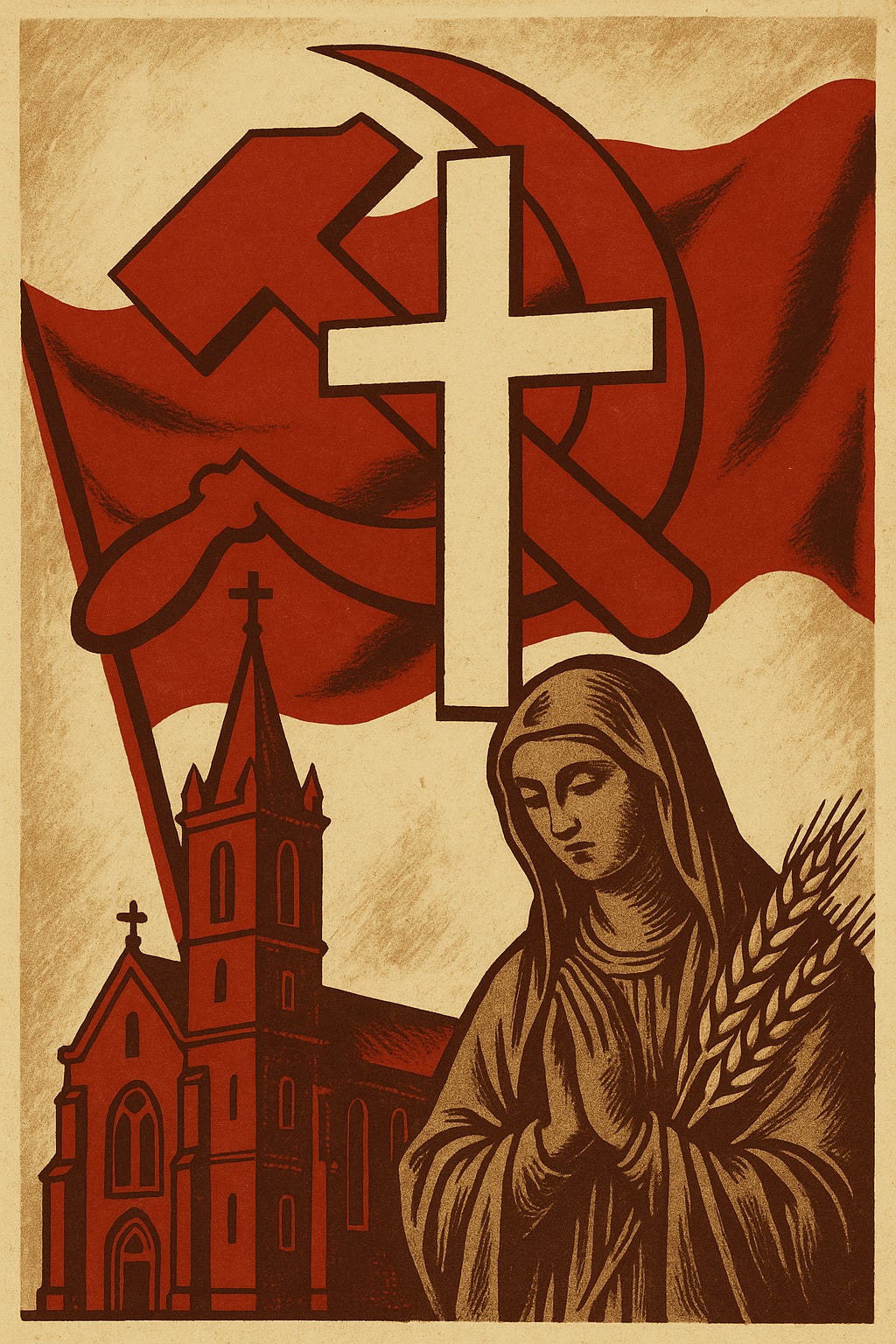It’s Not Just Islam that’s Susceptible to Collectivism
Islamism isn’t some alien force unique to the Muslim world. It’s just another species of collectivism—the belief that the individual is secondary to the group, that society must be unified under a single moral or political will. And like most collectivisms, it often travels with socialism, feeding off the same promise of communal virtue enforced from above.
Christian societies haven’t exactly been immune to that impulse. The great democides of the twentieth century—from Stalin to Hitler to Mao’s European admirers—arose largely within Christian cultures. People forget this when they equate Islam with Islamism. The real danger isn’t Islam; it’s collectivism itself. If the West has shed much of that infection, it’s not because Christianity was immune, but because our societies simply moved further along the same developmental curve that others are still on.
Before we get too smug about Islamism, remember where Christian societies stood just fifty years ago. In 1975, half of Europe was under communist rule, Spain and Portugal were still dictatorships, Greece had only just escaped its junta, and most of Latin America was run by military regimes that wrapped their collectivism in Catholic rhetoric. The Western world wasn’t immune to political religion—it merely passed through that fever earlier. Islamism is not a unique defect of Islam; it’s the same collectivist impulse that once gripped Christendom.
Even the West’s collectivisms once came dressed in Christian robes. Franco’s Spain called its dictatorship a crusade. Salazar’s Portugal ruled under the slogan “God, Fatherland, and Family.” Mussolini signed a pact with the Pope and sold fascism as the savior of Christian civilization. Hitler preached a “Positive Christianity” scrubbed of its Jewish roots. And across Latin America, juntas justified their brutality as moral renewal. Collectivism in the West didn’t arrive with red flags alone—it often carried a cross.
The difference today isn’t moral superiority; it’s timing. The Christian world burned through its bout of political religion earlier. Muslim societies, and indeed much of the non-Western world, are still in the thick of it. The pattern is civilizational, not theological. Every society is vulnerable to the same gravitational pull toward unity, purity, and control. The moral isn’t that Islam is dangerous—it’s that collectivism is.


